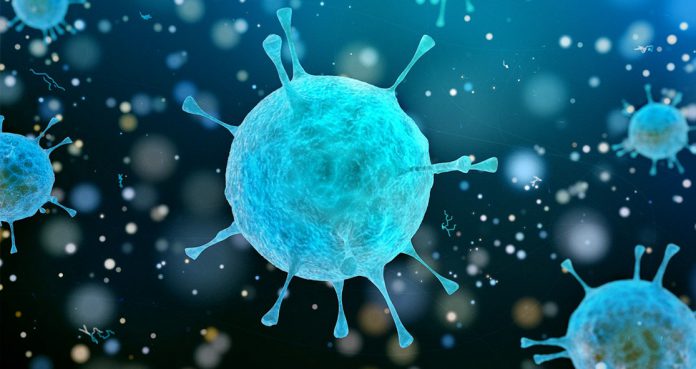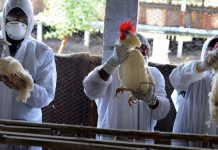Viral infections are a constant health threat to humans as most of them are incurable. Vaccines are developed and used against many viruses but it takes a lot of time to deploy and does not help everyone.
Now, a study conducted by the researchers from the Massachusetts General Hospital (MGH) has revealed a new potential antiviral drug target that may help develop a new universal treatment against a variety of infectious diseases.
They said their findings suggest that the protein called Argonaute 4 (AGO4) is an “Achilles heel” for viruses. Until now, there has been little evidence of why AGO proteins are important.
Lead researcher Kate Jeffrey and her team found that AGO4 has a key role to play in protecting body cells against viruses. AGO4 has specifically been found antiviral in mammalian immune cells.
The researchers studied the antiviral effects of several Argonaute proteins. They found that the immune cells deficient in AGO4 were “hyper-susceptible” to viral infections. Simply put, cells with low AGO4 levels are more likely to get infected.
The study, which was published by Cell Reports, suggests that boosting the levels of AGO4 in cells could boost the immune system, providing protection against multiple viruses.
Jeffrey said, “The goal is to understand how our immune system works so we can create treatments that work against a range of viruses, rather than just vaccines against a particular one.”
The researchers explained that mammals have four Argonaute proteins (1 to 4), which are known to act by silencing genes. These proteins are remarkably conserved throughout multiple living things. These proteins are the major antiviral defense strategy in mammals.
Previous studies conducted on influenza-infected mice have found that the animals with AGO4-deficiency have significantly higher levels of the virus.
“The next steps are to determine how broad-spectrum this is to any virus type, said Jeffrey. “Then we need to discover how to boost AGO4 to ramp up protection against viral infections.”























